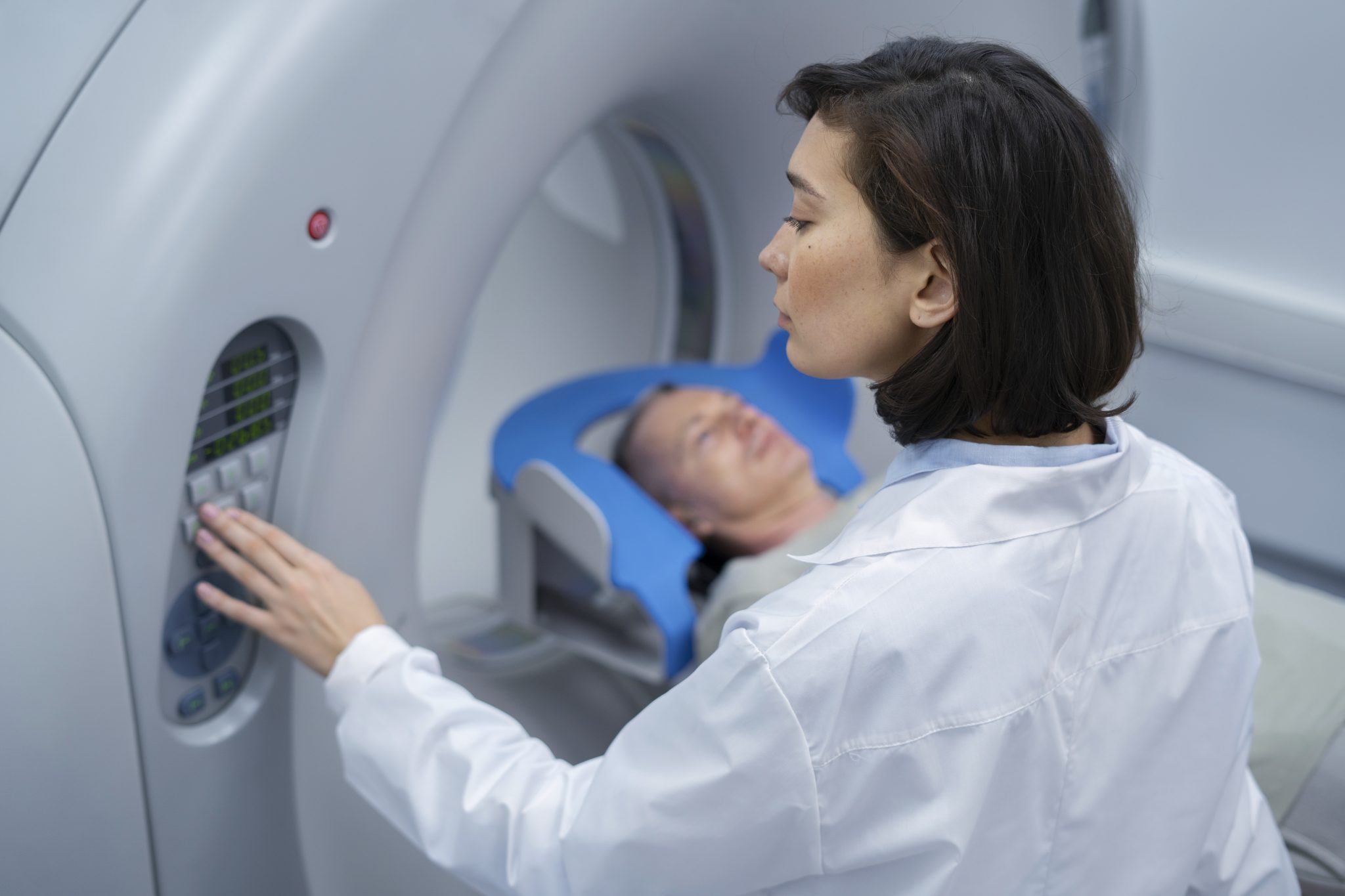How is Neuroendocrine Cancer Treated?
For all patients, there are many things to consider in planning treatments. Your treatment will be personalised to you and the type of neuroendocrine cancer you have. Even if you have a diagnosis that sounds the same as another patient, your treatment and follow up plan may be different.
The key aim of treatment should be to help you have the best possible care and quality of life, by ensuring access to appropriate treatment, management of symptoms and addressing what’s most important to you.
One or more of the approaches below may be suggested:
- Removal of all or part of your NEN
- Control of your disease, by slowing or stopping the growth
- Palliation, or easing of your symptoms.
Treatment options will depend on the type, position and size of your tumour, and whether (or to where) it has spread. It will also depend on whether you have any other health concerns and / or illnesses and your general health and fitness. A big part of meeting with your doctors or specialist nurse/team, is to make sure you get the information you need to understand your condition. It is important to note that not all treatments are suitable for all types of Neuroendocrine Cancer and at the time of publishing, there are certain limitations related to licensing as well as usage restrictions which are noted alongside each treatment type.
Types of Treatments
Select the image to learn more about the different types of treatments, their aims and possible side effects.
Surgery
Keyhole surgery
Laparoscopic
Open Surgery
Robotic
Combined or Staged Surgery
Open and Close Surgery.
Somatostatin Analogues (SSA)
Octreotide (Sandostatin LAR – made by Novartis)
Lanreotide (Somatuline Autogel – made by Ipsen).
No Treatment / Complementary & Alternative Medicines
Surveillance and Supportive Care
Not everyone with neuroendocrine cancer will need to undergo treatment, and though that may seem strange, it may also be a relief.
Surveillance can be used to monitor your cancer and general health for any signs of change that might necessitate treatment.
Complementary & Alternative Medicines
Complementary therapies in cancer are considered those “that are used alongside conventional cancer treatments.”
Learn about the different types of complementary therapies, their benefits, and how to choose the right practitioner.
Treatment Decision Making and Preparation
Select the image to learn more
Treatment Decision Making & Preparation
Explore the intricacies of treatment decision-making and preparation, guiding you through the essential steps in navigating your neuroendocrine cancer pathway.
Multidisciplinary Team Decision Making
Explore the treatment decision-making process, guided by the MultiDisciplinary Team (MDT), as they weigh various factors and discuss pertinent questions to devise tailored treatment strategies for neuroendocrine cancer patients.
Side Effects and Consequences of Treatment
Navigating the world of treatment decision making and preparation can be overwhelming, especially when considering the potential side effects and consequences of treatment. It’s important to understand the risks and benefits, seek support, and make an informed choice that aligns with your needs and values.
Genetics, Gene Studies, Tailored Medicine, and Personalised Care
Discover the latest progress in genetics, genomics, precision medicine, and personalised care. Explore commonly asked questions about genetics and genomics, offering detailed guidance and support for your personalised treatment plan.
Further Support
This downloadable PDF is for those with neuroendocrine tumour liver metastases, who are being considered for liver transplantation.
Learn about the essential, clinically-guided eligibility criteria, and the process to potential consideration.
Select play to watch Dr. Amy Eccles talk about the spectrum of treatments for Neuroendocrine Cancer and advances & options in Radioligland Therapy. This video was recorded during the Neuroendocrine Cancer UK Virtual Summit 2020.
Where would you like to visit next?
Select the image to learn more.
Symptoms
Tests
Newly diagnosed
Treatments
What is Neuroendocrine Cancer?
Living with Neuroendocrine Cancer
How we can support you
NC research and our campaign work
End of life care
















